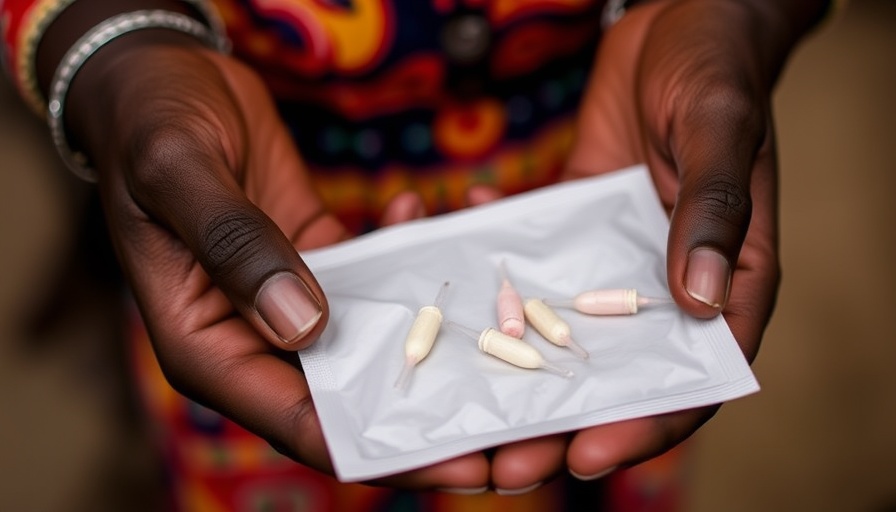
Rwandan Law Sparks Debate on Teen Contraceptive Access
The Rwandan Parliament's recent decision to allow 15-year-olds access to contraceptives, particularly condoms, has stirred a significant debate among citizens, revealing deep divides in societal beliefs and approaches to addressing teenage pregnancies. Critics, like retired health worker Karemera Charlotte, argue that such policies could lead to riskier sexual behaviors among teenagers. She voiced concerns that offering contraceptives might inadvertently encourage sexual activity rather than prevent it, predicting a rise in abortions as teens experiment beyond the initial use of condoms.
A Move Fueled by Statistics
Proponents of the new Healthcare Services Bill, including civil society organizations, argue that it is a timely intervention in response to alarming statistics regarding teenage pregnancies in Rwanda. According to reports, in the past five years, over 100,000 teenage girls faced unwanted pregnancies, with numbers sharply rising from 10,701 in 2020 to 22,454 in 2024. As a solution, the lawmakers believe that providing access to condoms could significantly reduce these figures, minimizing school dropouts linked to early pregnancies and curbing illegal abortions.
Understanding Societal Resistance
Despite the favorable argument for young people's rights to sexual and reproductive health, this legislative shift encounters resistance rooted in cultural conservatism. Many in Rwanda hold traditional views that prioritize abstinence and parental involvement in such matters, which the previous law had enforced by requiring parental consent for adolescent contraceptive access. The removal of this requirement is seen by some as a departure from cultural values, raising concerns over potential moral degradation among youth.
Policy Implications and Future Considerations
As Rwanda navigates these complex societal landscapes, the government faces challenges not just from public opinion but also in the implementation of this new law. Healthcare professionals are required to evaluate the contraceptive needs of teenagers, ensuring that only certain methods of contraception are made available. This suggests a delicate balancing act between safeguarding young people's health and adhering to societal norms.
A Path Forward for Youth Rights?
Ultimately, this law could set a precedent for how contraceptive access and youth rights are perceived across Africa. Will other nations follow this lead toward progressive policies on reproductive health? As Rwandan society grapples with these questions, the potential outcomes may influence broader discussions about health policy and governance in the region.
As global citizens, it is essential to understand the multifaceted implications of such laws that affect youth, public health, and socio-cultural dynamics in Africa. Will this shift lead to improved reproductive health outcomes, or will it provoke further public outcry? The unfolding controversy encapsulates the critical intersection of governance, health policy, and cultural ethics that defines contemporary African society.
 Add Row
Add Row  Add
Add 


Write A Comment